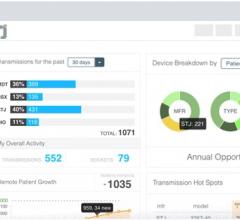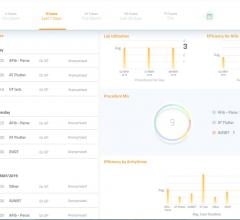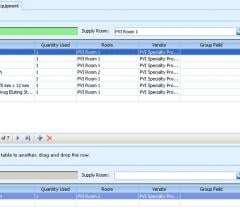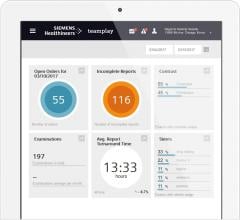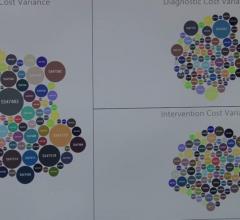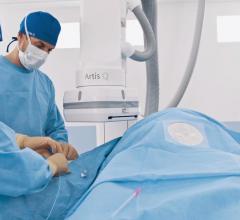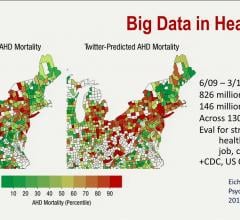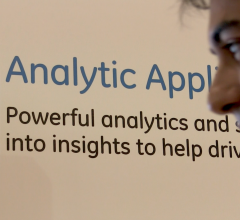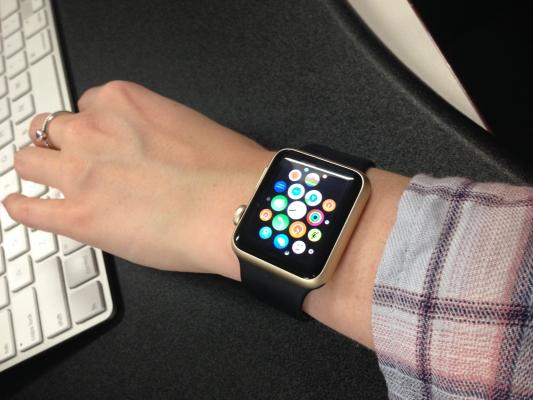
June 5, 2018 — The future of cardiovascular care will be transformed by advances in artificial intelligence, digital health technology and mobile devices as a means to prevent and treat heart disease, according to several articles published June 4, 2018 in a Journal of the American College of Cardiology Focus Seminar on the Future Technology of Cardiovascular Care.
The Use of Artificial Intelligence in Cardiology
As the type and breadth of data available to cardiologists and the cardiovascular care team continues to grow more sophisticated, physicians are increasingly being asked to provide more rapid and personalized interpretations of data to their patients. One solution to providing this level of personalized medicine efficiently is artificial intelligence, also known as machine learning.
In the review article Artificial Intelligence in Cardiology,[1] researchers analyze select applications of artificial intelligence in cardiology and identify how the specialty could incorporate more artificial intelligence in the future to enhance the capabilities and experiences of clinicians and patients.
“(Artificial intelligence) has clear potential to enhance every stage of patient care — from research and discovery, to diagnosis, to selection of therapy,” said Joel Dudley, Ph.D., senior author of the review and director of the Next Generation Healthcare Institute at Mount Sinai. “A key next step to incorporating artificial intelligence into cardiology is to align available data and technologies with clinical and business use. This way, we can prioritize short-term opportunities and understand gaps in available data or algorithms that are holding back applications of artificial intelligence in areas of high clinical need.”
According to the review, artificial intelligence is currently only performed by those with specialized training, but in the future, these methods will be increasingly easy and widely available. It may eventually be incorporated into day-to-day practice by interacting with electronic health records and billing.
Use of Digital Health Technology to Generate Data, Deliver Evidence-based Care
Digital health is the use of digital information, data and communication technologies to collect, share and analyze health information to improve patient health and health care delivery. It can broadly include electronic medical records and artificial intelligence applied to large datasets. These technologies have the potential to accelerate, streamline and optimize clinical research operations and reduce costs, but their use comes with concerns about data quality, patient safety and privacy, which contributes to the delay in their use.
In the review paper Using Digital Health Technology to Better Generate Evidence and Deliver Evidence-Based Care,[2] participants from a 2016 think tank on digital health discuss the purpose and findings of the meeting. The participants, which included academic, industry and regulatory representatives, convened to understand the current landscape of digital health technology use in health care delivery and clinical trials, identify issues and barriers to the development and adoption of these technologies, and identify potential solutions.
“These technologies could facilitate and advance more conventional randomized clinical trials (RCTs), which is particularly necessary since RCTs are becoming increasingly expensive and complex, are slow to complete and take an extensive amount of time to implement into practice,” said Abhinav Sharma, M.D., lead author of the review and Stanford University Advanced Heart Failure Fellow (previously a Duke Clinical Research Institute Research Fellow).
Think tank participants reported that there are several solutions that can accelerate the use of these technologies, including: developing innovation networks to rapidly test new innovations, validate findings and provide value cost-effectiveness data; collaborating with regulatory agencies to streamline development; working with professional societies to identify critical knowledge gaps that could be filled by digital health technologies; and expanding the role of public-private partnerships.
Mobile Health Advances in Physical Activity, Fitness and Atrial Fibrillation
Cardiovascular disease management and prevention involves a commitment to heart healthy physical activity, diet, medication adherence and self-monitoring. These daily activities are largely unmeasured, but the emergence and rapid growth of mobile devices and wearables has made continuous health monitoring a possibility and, for many patients, a reality.
Mobile health, or mHealth, is the subset of digital health that focuses on the use of mobile and wearable devices and software applications. Authors in the article Mobile Health Advances in Physical Activity, Fitness, and Atrial Fibrillation: Moving Hearts,[3] provide an update on cardiovascular mHealth, with a focus on research and clinical advances in measuring and promoting physical activity and fitness plus using these same mobile devices for heart rate and rhythm monitoring, especially for atrial fibrillation (AF or Afib).
“Only recently has the medical community started to embrace the reality that most ‘health’ takes place outside the hospital and clinic, namely the daily activities and clinical events that occur ‘the other 362 days’ per year when people are not seen by a clinician,” said Michael McConnell, M.D., MSEE, lead author of the review and clinical professor of cardiovascular medicine at Stanford University and head of cardiovascular health innovations at Verily Life Sciences. “Enabling patients and clinicians to leverage these technologies for proactive health care can transform cardiovascular prevention and disease management.”
The authors specifically looked at Afib because it can go undetected and be difficult to manage. Office visits and short-term monitoring provide limited information on disease presence and burden, which can result in serious complications. However, ongoing monitoring with mHealth devices is an opportunity to prevent strokes, manage symptoms and reduce hospitalizations from atrial fibrillation. Machine learning has emerged as a powerful technology to enhance AF detection from wearable devices. Importantly, physical activity and fitness are also linked with primary prevention of atrial fibrillation and reduced atrial fibrillation burden and recurrence. The authors note the importance of broad collaboration to further integrate mHealth technology into clinical care, with the potential for substantial individual and societal benefits.
For more information: acc.org and JACC.org
Related Future of Cardiology Technology Content:
ACC Unveils Innovation Roadmap for Future of Healthcare Delivery
How Smartphones and Apps May Change the Face of Healthcare
The "Uberization" of Healthcare
Understanding How Big Data Will Change Healthcare
VIDEO: Cath Lab of the Future Cardiovascular Technologies to Watch — interview with Juan Granada, M.D.
The Future of Cardiology: 17 Technologies to Watch
Predicting the Cath Lab of the Future
A Glimpse Into the Future of Cardiac Ultrasound
VIDEO: Editor's Choice of Future Healthcare Technologies at HIMSS
References:

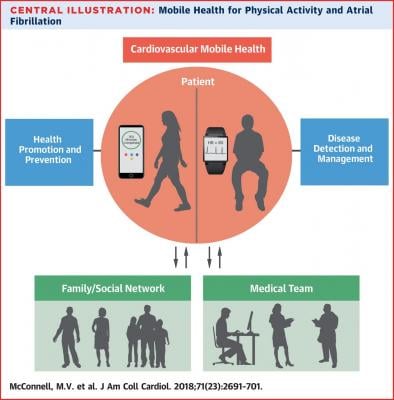
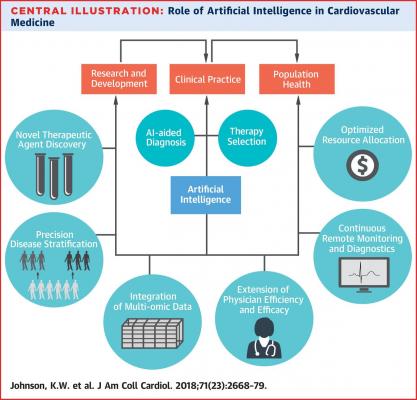
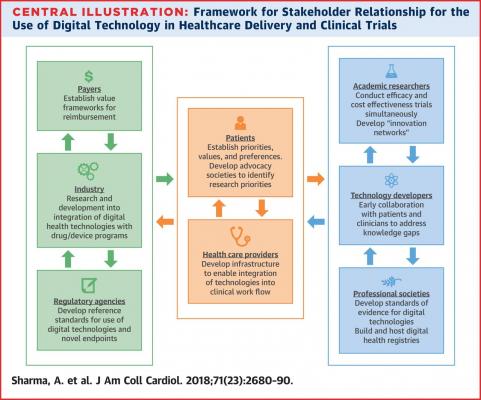
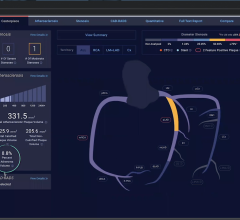
 February 15, 2022
February 15, 2022 

